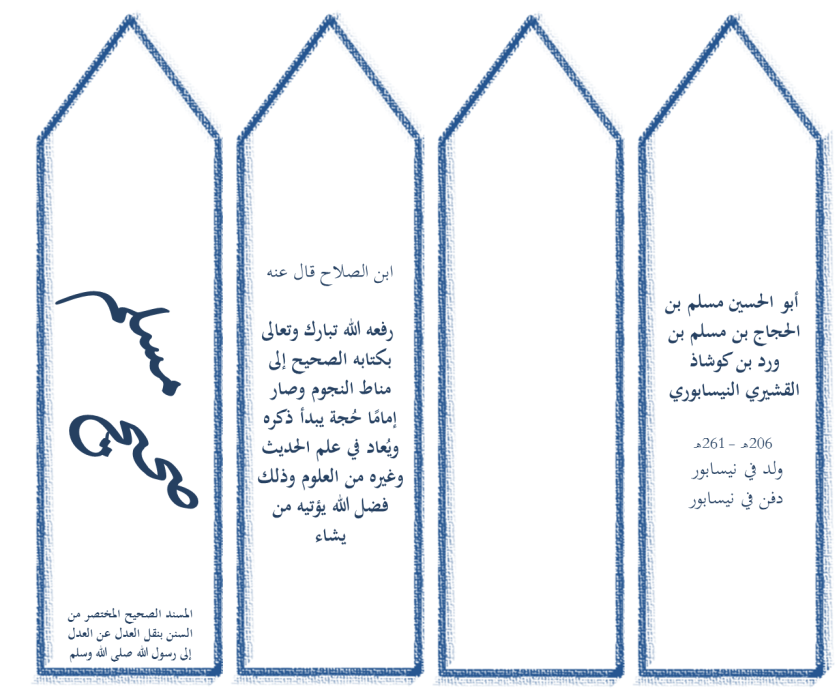This article is dedicated to the all the pious Shaykhahs of our day and age, who continue to work in silence, serving the needs of the Ummah of Muhammad (peace be upon him). Such women who do not wish for their names to be recorded in the annals of History but who leave behind a lasting contribution, from which we all continue to benefit. Below are 5 points derived from the book ‘Khawatin aur Deen ki khidmat’ written by Allamah Abul Hasan Ali Nadwi (rahimahullah)

يَوْمَ تَرَى الْمُؤْمِنِينَ وَالْمُؤْمِنَاتِ يَسْعَىٰ نُورُهُم بَيْنَ أَيْدِيهِمْ وَبِأَيْمَانِهِم
On the Day you see the Believing men and Believing women, their light proceeding before them and on their right…. (Surah Hadid, Ayah 12)
Women have just as much ability as men to reach Wilāyah. Wilāyah is a level of piety where the servant attains a close friendship with their Maker, Allah Almighty. From what we know of the previous Ummahs, the names of their Awliyah have not passed down to us. This Ummah is unique in that whichever country and community of Muslims you go, people will recognise the name of esteemed Awliyah like Shaykh Abdul Qadir Jilani. In the same vein, they will also recognise the name of Rabi’a Basria. This is a testament to this Ummah that it records the names, lives, and stories of not only the pious men but the pious women, as an inspiration for generations to come.
Once there was a king who, in a moment of passion, announced to his court that whatever anyone touched would be theirs. Beside themselves with elation, some grabbed the throne. Some grabbed the crown. Some ran to the stables and grabbed the horses. As each one tried to grab onto anything and everything they could, a servant stood watching. The king questioned him why he was not taking advantage of his generosity. He asked the king whether he would really fulfil his promise. The king assured him that he would. The servant then went to the king and grabbed him. Thus, everything became his! In the same way, we should divert our attention from the trappings of the world to the Maker, Owner and Maintainer of the world. If we direct that focus onto becoming Allah’s, we will be granted the pleasure of both worlds. This is an advice for both the men and women of this Ummah. Do not hanker after the material and vanishing things of this temporal abode.
M’umināt’s dominion. This is how Shaykh Lutfullah used to refer to the city of Bhopal, India. It had been ruled by two Muslim women; Nawab Sikander Begum and her daughter Shah Jahan Begum. There was such honour for the Believing woman that if a case was brought to the great Mufti Shaykh Abdul Qayyoum of Bhopal and he was unable to come to a conclusion, he would go home and ask his wife. She was the daughter of the esteemed Shah Ishaq and had benefited greatly from his knowledge. Often times, he would direct the questioner to his wife instead.
Eagerness and excellence in ‘Ilm (knowledge) and bravery is the forte of both men and women. The chain of Sahih Bukhari (the greatest book after the Holy Qur’ān) that great Muhadditheen like Shaykh Mahmoud-ul-Hasan and Shaykh Muhammad Zakariya Kandhlawi taught from was none other than the chain the comes through the great Muhaddithah Kareemah. Shaykha Kareemah bint Ahmad al-Marwaziyyah was considered the best authority of Sahih Bukhari in her time. She passed away in 463 A.H./1070 A.D. Islamic history is embellished with examples of women’s feats. The bravery of Sahābiyah Asmā bint Abi Bakr is unparalleled when she stood up to the Fira’un of his time, Hajjāj ibn Yusuf. The patience of Sahābiyah Khansā is unparalleled when, she, upon hearing about the martyrdom of all of her sons, praised Allah for the paradise that awaited her sons.
Never underestimate the importance of maintaining and nourishing home and family life. Islam not only considered it an essential part of living in society but Islam raised it to the rank of ‘Ibādah (worship). The emphasis that the Messenger of Allah (peace be upon him) placed on paying attention to the obvious as well as the intricate needs, wishes, sentiments, and status due unto women, such emphasis cannot be found in the efforts of others claiming to be upholders of womens’ rights. He would cut his Salāh short when hearing a child cry, empathising with the distress of the mother. Despite his busy role, he would spend leisure time with each wife enjoying activities of her interest, empathising with the desire of the wife. If the men of this Ummah follow the footsteps of the Sahābah and the women follow the footsteps of the Sahābiyāt then there will be true reformation in our home lives. This will in turn enrich the wider society. Sahābiyat had such strength of Imān that there were great influencing superpowers in their times also – from the Byzantine Romans to the Sassanid Persian – but they were not influenced by them. Sahābiyāt maintained their own unique identity. They wore it as their crown. Their identity was simply put: Mu’mināt.

